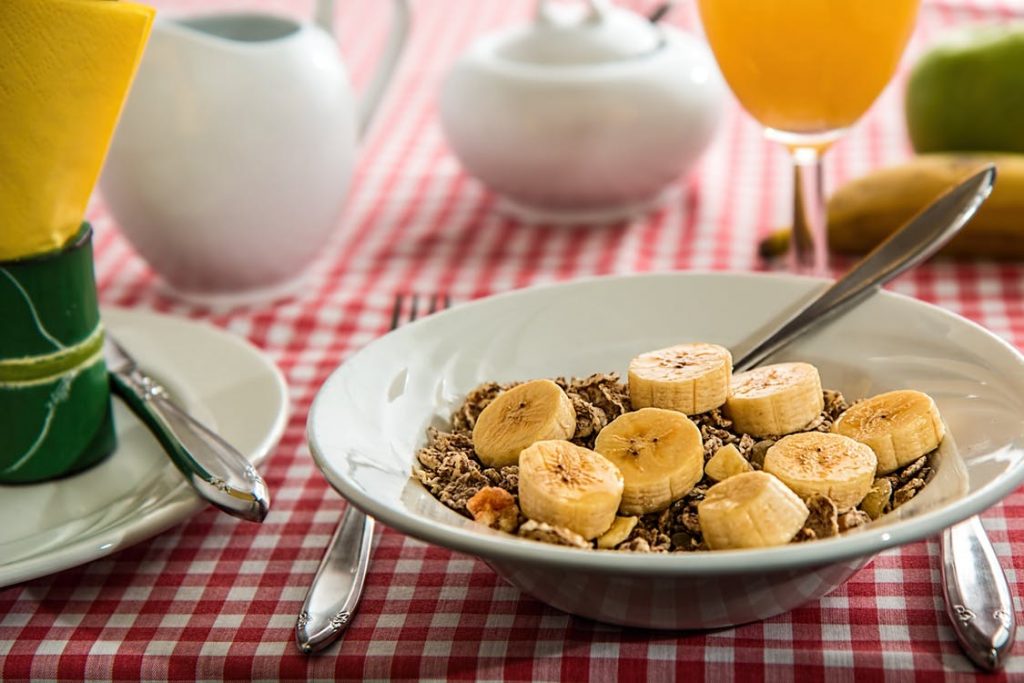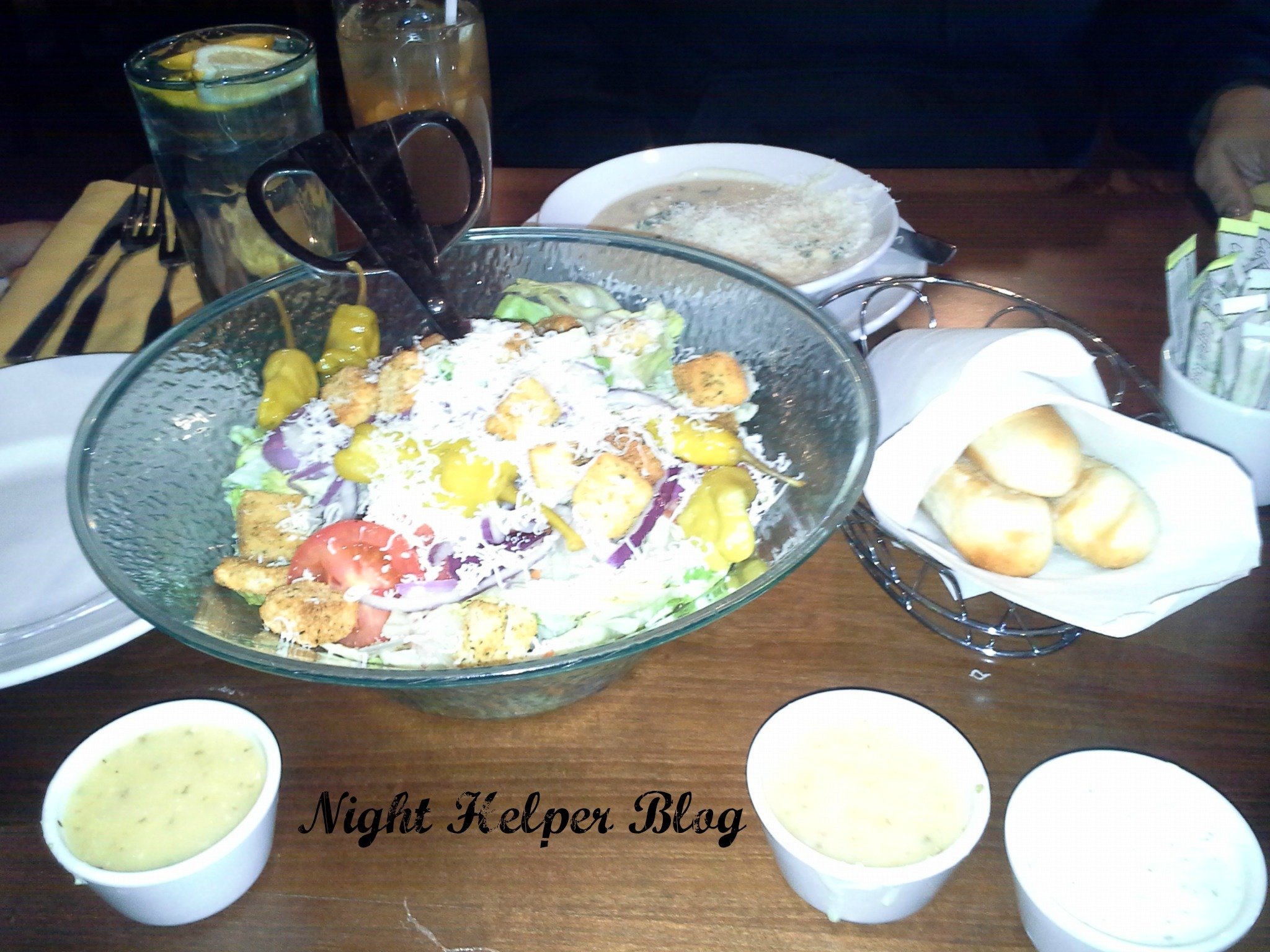Protecting Children with Food Allergies
When you were growing up there was likely one or two kids that you knew who suffered from food allergies to things like tree nuts. These days, however, food allergies and sensitivities in children have reached an alarming rate. Due to environmental changes, methods used to process certain foods, and limited food exposure, many children have some sort of allergic reaction to things ranging from tree nuts to gluten. If your child happens to be one of them, protecting them against allergic reactions is a high priority.
Safeguarding your child from having an adverse reaction to certain foods does require a bit of effort and attention to detail. However, by taking steps like those provided below, you can make this lifestyle change for your family a lot easier to manage.
Educate Your Family
Once you’ve had your child tested and diagnosed with food allergies you should talk to your family. Educate your child as well as other children and adults in their lives on their allergies. Express the importance of avoiding foods and drinks that contain ingredients your child is allergic to. Also, give a crash-course on what to do in the event that the child does suffer an allergic reaction.
Your family isn’t the only people that need to be educated on your child’s food allergies. You need to make it known to other doctors and medical professionals, your child’s school, and any adult that might be watching your child without your supervision.
Cook at Home
Changing your child’s diet will be especially important if you’re going to avoid things they’re allergic to. As you can’t always control the ingredients used in products sold by others, it is often best to prepare your meals at home. You can check your pantry, cabinets, fridge, and freezer for any items containing the foods or ingredients your child is allergic to. If you don’t want to get rid of them, at the very least, label these items with a bright sticker or bold marker so that your kids know not to eat them. Then, stock up on things that are better for your child and look for recipes to prepare healthy meals at home. If you are cooking something different for your family members, remember to prepare the dishes in separate cookware using different cooking utensils to ensure your child doesn’t get sick.
Read Food Labels
They don’t place nutritional value labels on food products for decoration. They are there to give consumers insight on what they’re eating. Now that you have a child with an identified food allergy, it will be increasingly important for you to read the labels to ensure the products you’re purchasing don’t have those ingredients in them. The good news is, if your child is allergic to dairy, eggs, wheat, soy, peanuts, tree nuts, or shellfish, the FDA has mandated that companies label these ingredients clearly on the packaging. If your child is allergic to something else, however, you’ll need to read the ingredient list and/or contact the manufacturer to find out how the product is made. As food allergies are more common than not these days, you’ll also find that there are tons of products specially made for those with allergies and sensitivities such as non-dairy milk or gluten free whole grains.
Get the Specifics When Eating Out
Dining out at a restaurant should be a great experience, but is often challenging for parents of children with food allergies. That’s because restaurants use so many different ingredients in their foods and there’s no nutritional value label on it to provide assistance. Therefore, when eating out it is important to get all the details on menu items. Ask to speak with the chef to find out if the ingredients your child is allergic too are used in the kitchen. You should also find out if items on the menu can be cooked separately and using different utensils to accommodate your child’s dietary needs.
Whether the allergic reaction is mild or severe, no parent wants to see their child suffer. For this reason, it is important that you devise a plan to protect your child against the risks of food allergies. Though it will require both dietary and lifestyle changes for both you, your child, and the rest of your family, it is essential to ensuring the overall health and well-being of your child. Use the above-mentioned advice to protect your child from food allergies.



